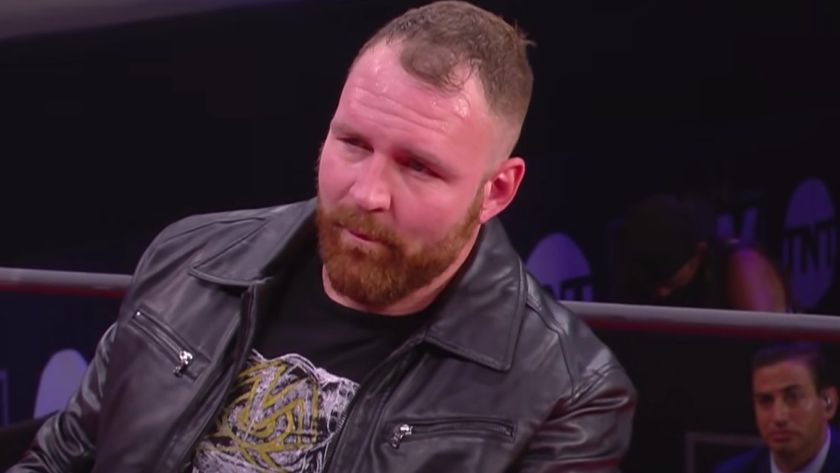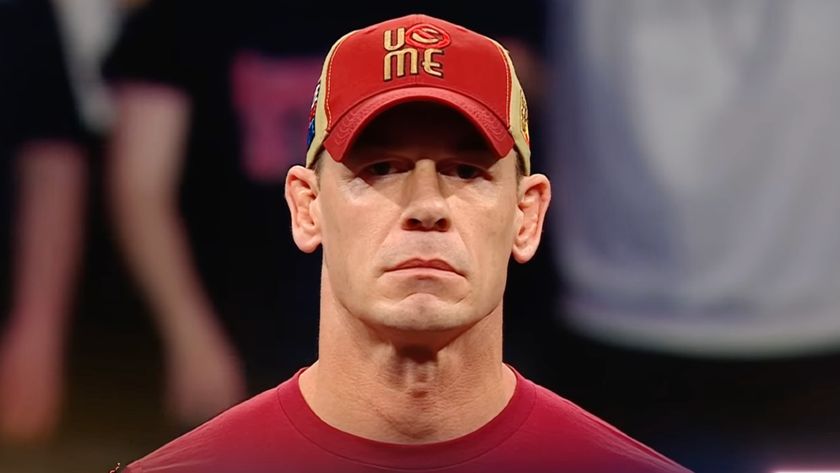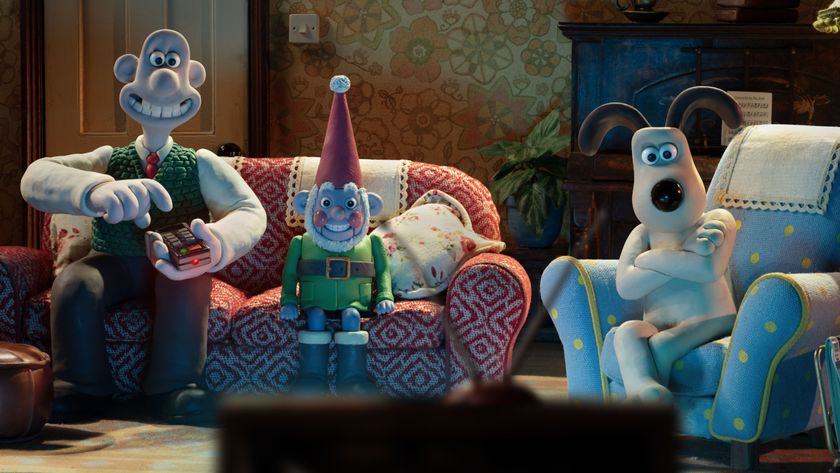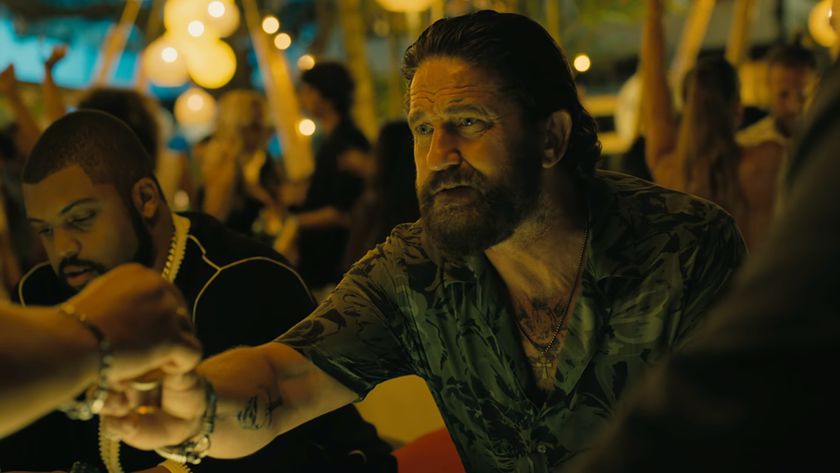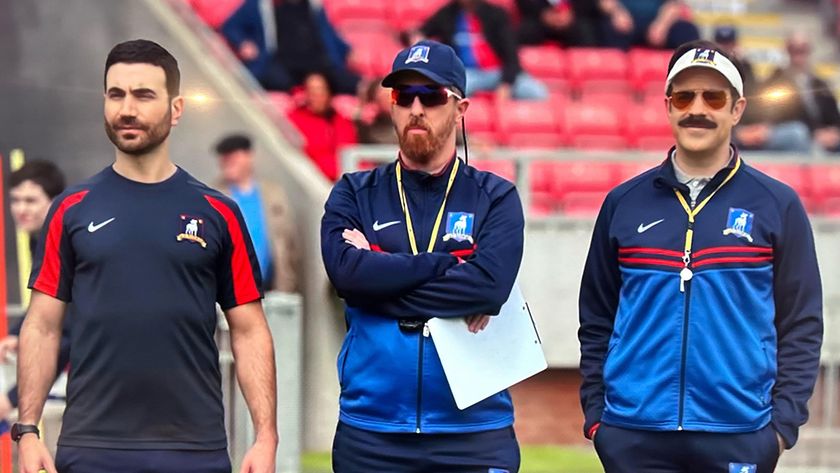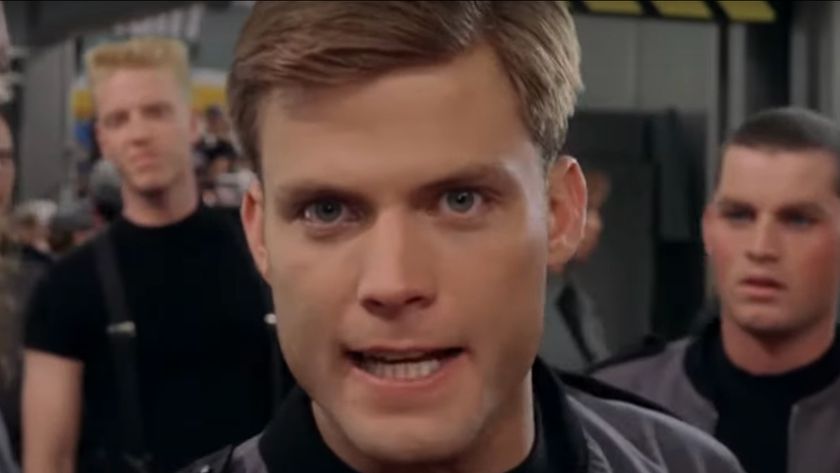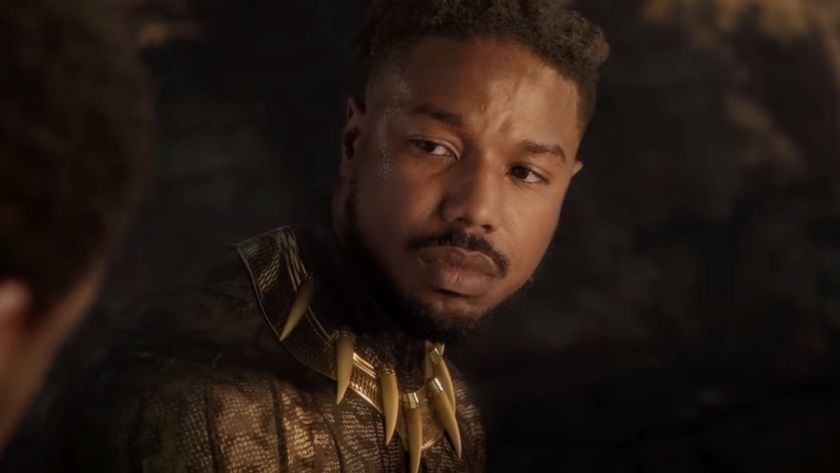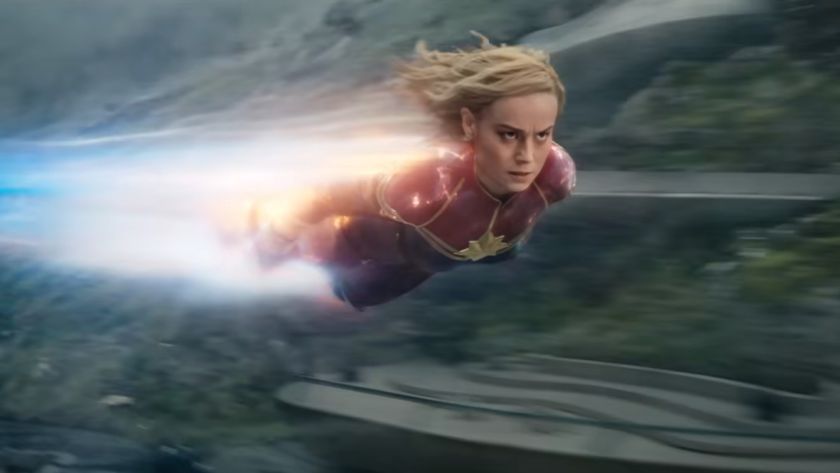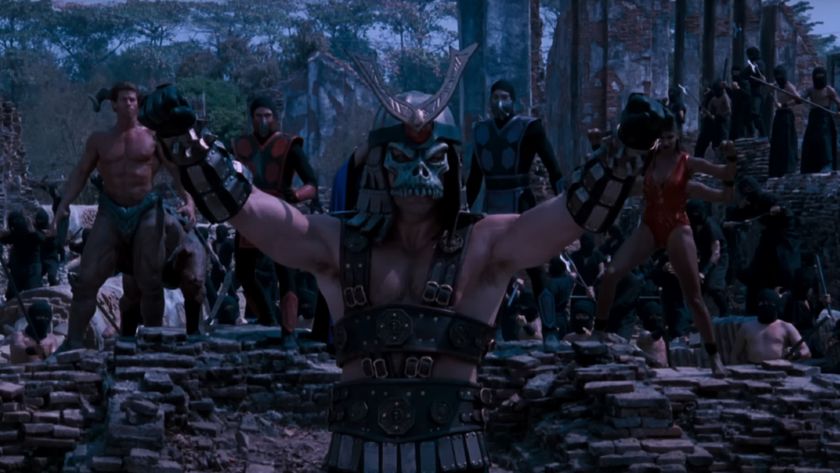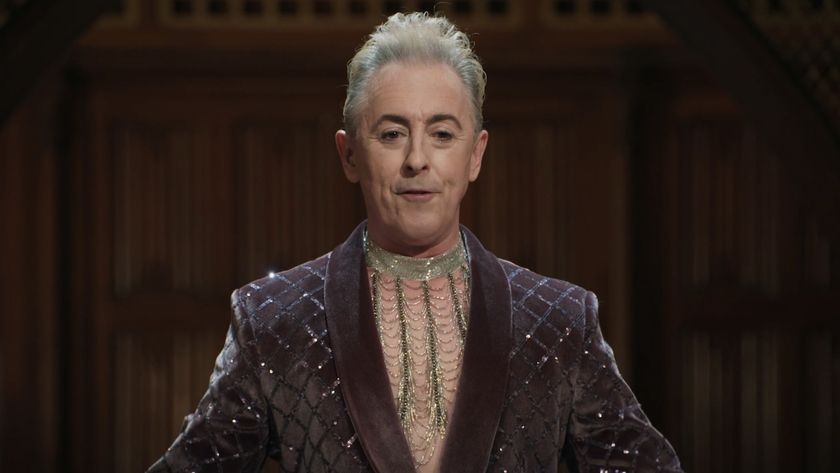Who Killed WCW? Here's My Top 5 List Ahead Of The Rock's New Documentary On Vice
Let me tell you something...
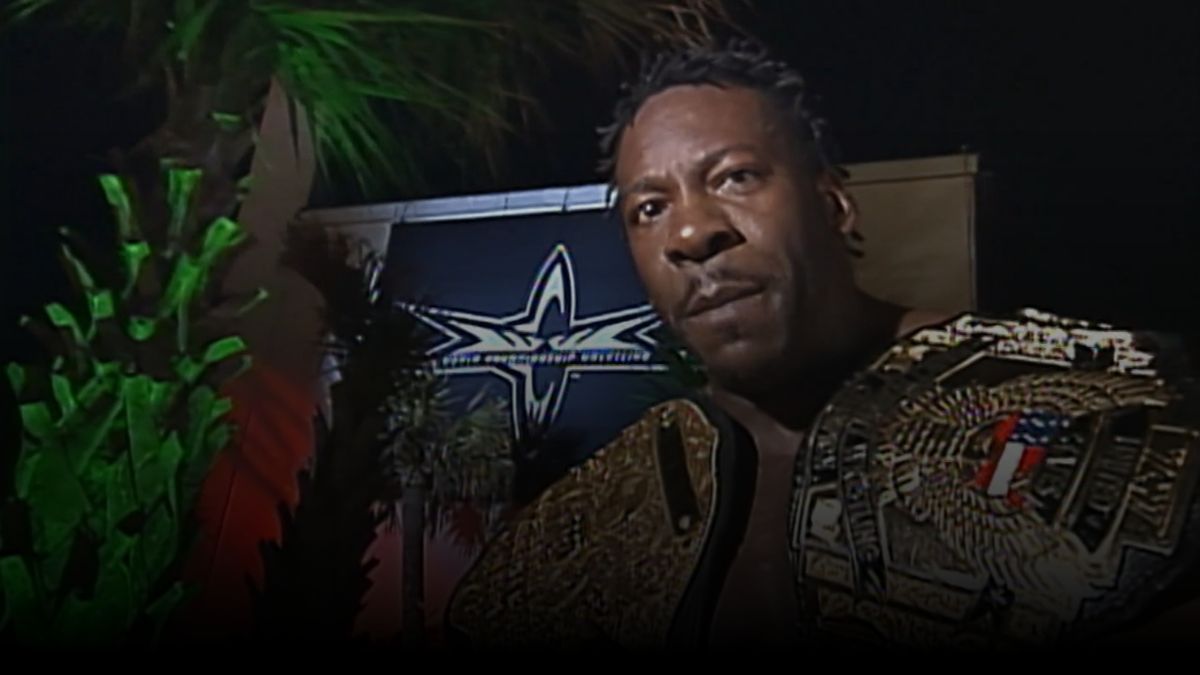
I grew up in the South (American by birth, Southern by the grace of God) and a massive wrestling fan. I liked WWF during my childhood, but I was obsessed with legends like Sting, Ric Flair, and all those cruiserweights. So much so, that the final episode of WCW Monday Nitro is engrained in my memory like two other major events from 2001 (Dale Earnhardt’s death in the final lap of the Daytona 500 and the September 11th attacks being the others).
When I heard that Dwayne Johnson’s Seven Bucks was producing a new Vice docuseries titled Who Killed WCW?, I was immediately taken back to March 26, 2001, when my favorite wrestling show aired its final match. I also started going down memory lane to try and figure out who was responsible for bringing an end to what was at one time the biggest and most successful wrestling company on the planet. Let’s talk it out.
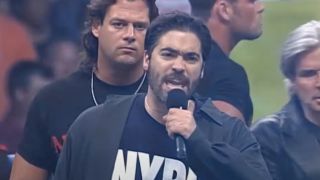
Vince Russo Catches A Lot Of Heat, But He Wasn't Fully To Blame For WCW's Demise
Vince Russo, the long-time WWF writer and producer many consider responsible for those ridiculous Attitude Era moments (both good and bad), jumped over to rival WCW in October 1999 and immediately took the company in a different and edgier direction. During Russo’s tenure with WCW, he adopted some strategies that made WWF must-watch TV throughout the late 1990s, but a lot of it just didn’t work and fans (myself included) were not down with all the quick title changes, “edgy for the sake of being edgy” storylines, and less of a focus on the in-ring product.
But, was Russo responsible for WCW’s ultimate demise? While his changes didn’t work and certainly didn’t help steer the ship from the incoming storm, the truth is that WCW was already falling off before he took over as booker. The infamous “put some butts in the seats” incident where WCW revealed Mick Foley’s WWF Championship victory on a pre-taped episode of Monday Night Raw that helped turn the tide in favor of the competition happened months earlier, and the cracks were already showing by that point, anyway.
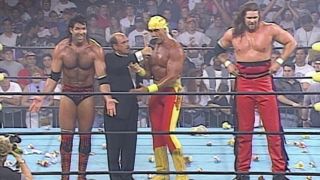
Hulk Hogan And Other Veterans With 'Creative Control' Didn't Help The Death Spiral
While WWF was building massive stars like Stone Cold Steve Austin and The Rock in the late ‘90s, flipping over to WCW during the final years of the company’s existence you’d find icons like Hulk Hogan and Ric Flair dominating the main event scene, while up-and-comers were relegated to Nitro’s opening hour or WCW’s less-prominent shows. See, the problem was that Hogan, Flair, and other former WWF wrestlers like Kevin Nash and Scott Hall had creative control, meaning they could refuse any storyline, any loss, title change, and any opportunity for a youngster to beat them in a passing of the torch moment.
Even with the “creative control” held by the biggest stars in the company, there’s no denying Hogan, who finally turned heel a few years earlier, and other main event players, got people watching week after week. That said, I can’t put the blame fully on the wrestlers themselves, even if they didn’t help make the situation any better.
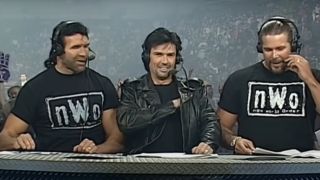
Eric Bischoff's Habit Of Handing Out Massive Guaranteed Contracts Was One Of The Major Factors
As pointed out in the Monday Night War series, one of the best wrestling documentaries on Peacock, WCW, and WWF did everything to get the upper hand in the mid-to-late ‘90s, including massive guaranteed contracts for their top stars (and to keep talent from jumping ship to the competition). These hefty contracts kept the likes of Hulk Hogan, Ric Flair, Roddy Piper and others with WCW, Eric Bischoff’s habit of spending money like it was going out of style was one of the major factors of the company’s demise.
CINEMABLEND NEWSLETTER
Your Daily Blend of Entertainment News
Again, the expenditures weren’t the only reason WCW ultimately went the way of the dodo bird, they certainly didn’t help. With so much money going to a select group, it makes sense why so many of the undercard wrestlers left for WWF in 1999 and 2000.
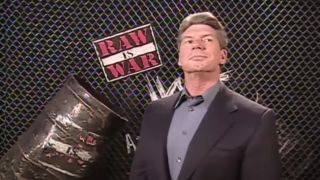
Vince McMahon's 2001 Acquisition Of WCW All But Killed The Company
While it is true that there was an attempt by WWF to turn WCW into a brand after the purchase of its rival in March 2001 (WWE would do this when it split the Raw and SmackDown rosters in March 2002), Vince McMahon’s roughly $4.5 million acquisition of the promotion, per the Wrestling Observer Newsletter, was the final nail in the coffin of the once-promising wrestling company.
McMahon’s WWF owned not only the WCW promotion and brand, but also the vast tape library, the championships, and several wrestlers’ contracts (though not some of the bigger names with guaranteed deals with AOL Time Warner), which meant that the victor in the Monday Night War didn’t really need to keep the show running any longer. That said, WWF essentially came in after the kill and robbed the grave, so to speak.
So, who do I think killed WCW?
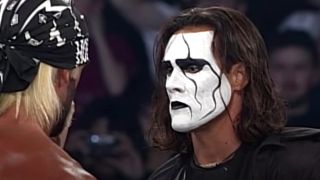
But It All Comes Down To Jamie Kellner, The Turner Executive Who Cancelled All WCW Programming
Though WCW was plagued with a myriad of issues in the last stages of its life, many of which the promotion either overcame or could have pushed through with some support, there was one problem that left no chance for survival: an uninterested corporate executive. That man was none other than Jamie Kellner.
In March 2001, when Kellner became the head of TBS following the AOL Time Warner merger, one of his first decisions was to cancel wrestling on both TNT and TBS, the respective homes of Monday Nitro and Thunder. In a statement to the New York Times, a TBS spokesperson said the corporation decided that professional wrestling was “not consistent with the upscale brands” built with the two networks, so they would no longer be carrying it. Several days later, Vince McMahon was able to purchase the company for essentially nothing, bringing an end to the Monday Night War.
I don’t know what would have happened if WCW survived the tumultuous situation at the turn of the century, but the wrestling world would have looked a lot different decades later. Overall, Who Killed WCW? is one of my most anticipated shows on the 2024 TV schedule, and I can’t wait to dive in and check it out. If you want to relive WCW’s glory days, you can do so with a Peacock subscription, which gives you access to the full WWE Network library.

Philip grew up in Louisiana (not New Orleans) before moving to St. Louis after graduating from Louisiana State University-Shreveport. When he's not writing about movies or television, Philip can be found being chased by his three kids, telling his dogs to stop barking at the mailman, or chatting about professional wrestling to his wife. Writing gigs with school newspapers, multiple daily newspapers, and other varied job experiences led him to this point where he actually gets to write about movies, shows, wrestling, and documentaries (which is a huge win in his eyes). If the stars properly align, he will talk about For Love Of The Game being the best baseball movie of all time.
